
Copernical Team
Earth from Space: Okavango Delta, Botswana
 Image:
Botswana’s Okavango Delta – the world’s largest inland delta – is featured in this multitemporal radar image, captured by the Copernicus Sentinel-1 mission.
Image:
Botswana’s Okavango Delta – the world’s largest inland delta – is featured in this multitemporal radar image, captured by the Copernicus Sentinel-1 mission. Hubble’s neighbourhood watch
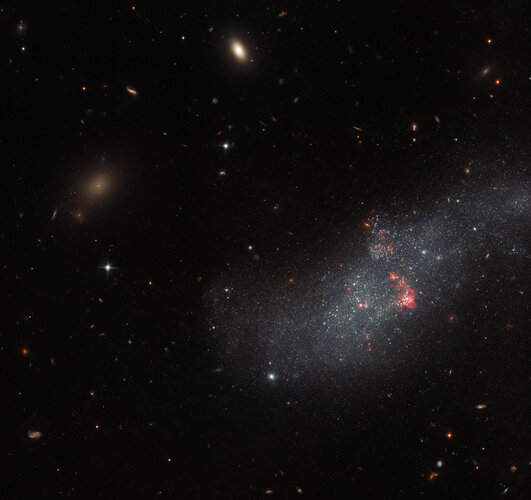 Image:
Hubble’s neighbourhood watch
Image:
Hubble’s neighbourhood watch Week in images: 13-17 March 2023

Week in images: 13-17 March 2023
Discover our week through the lens
How students built Ireland's first satellite
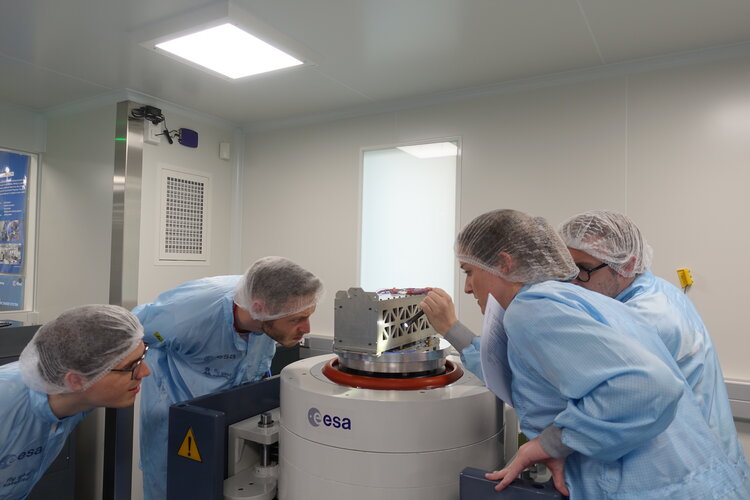
How students built Ireland's first satellite
Satellite powered by 48 AA batteries and a $20 microprocessor shows a low-cost way to reduce space junk
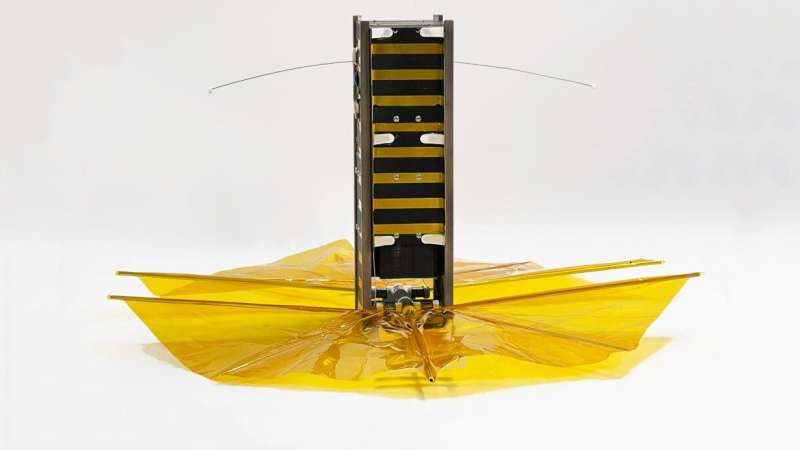
Common sense suggests that space missions can only happen with multimillion-dollar budgets, materials built to withstand the unforgiving conditions beyond Earth's atmosphere, and as a result of work done by highly trained specialists.
But a team of engineering students from Brown University has turned that assumption on its head.
They built a satellite on a shoestring budget and using off-the-shelf supplies available at most hardware stores. They even sent the satellite—which is powered by 48 Energizer AA batteries and a $20 microprocessor popular with robot hobbyists—into space about 10 months ago, hitching a ride on Elon Musk's SpaceX rocket.
Prototype telescope launched to the International Space Station
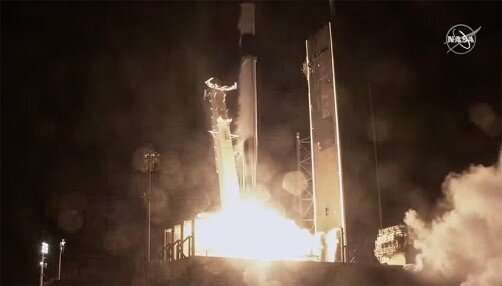
A prototype telescope designed and built by Lawrence Livermore National Laboratory (LLNL) researchers has been launched from Cape Canaveral, Florida to the International Space Station (ISS).
Known as the Stellar Occultation Hypertemporal Imaging Payload (SOHIP), the telescope uses LLNL patented-monolithic optics technology on a gimbal to observe and measure atmospheric gravity waves and turbulence.
Virgin Orbit pausing all work, reportedly furloughs staff
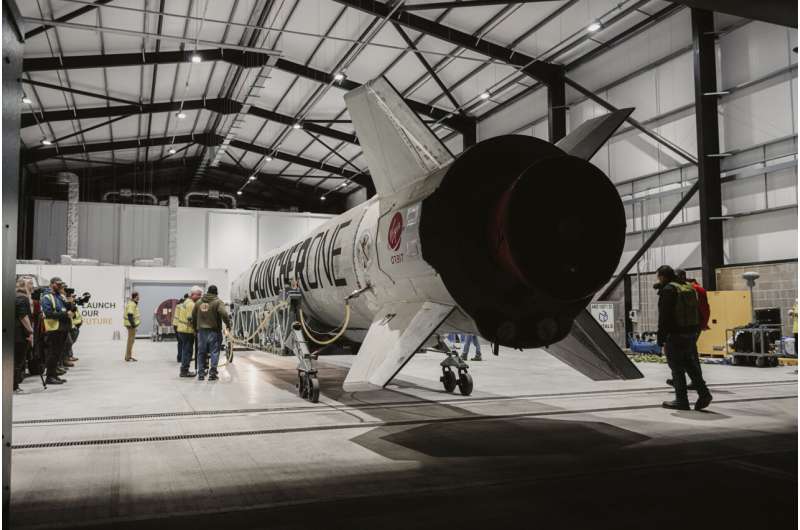
Examining the state of suborbital space science
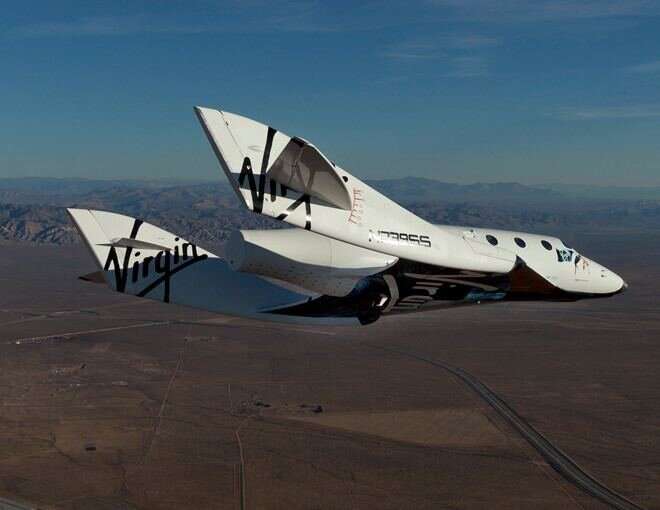
Think there's nothing to learn through suborbital flight and that space science is only done in orbit? Think again.
Recently, a group of school students in Canada asked the question: do Epi-Pens work in space? These are epinephrine-loaded injectors used to help people with allergies survive a severe attack.
To get an answer, the class at St Brother André Elementary School worked with NASA, the University of Ottawa, and the non-profit Cubes in Space program to launch some Epi-Pens on suborbital flights aboard a rocket and a high-altitude balloon.
GMV will develop the future Galileo Second Generation capabilities
 The European Space Agency (ESA) acting on behalf of the European Union Agency for the Space Programme (EUSPA) and in the name of the European Union represented by the European Commission (COM) has awarded technology multinational GMV a contract for the development of the Galileo Second Generation System Test Bed (G2STB).
The G2STB will provide ESA with a key system verification and validat
The European Space Agency (ESA) acting on behalf of the European Union Agency for the Space Programme (EUSPA) and in the name of the European Union represented by the European Commission (COM) has awarded technology multinational GMV a contract for the development of the Galileo Second Generation System Test Bed (G2STB).
The G2STB will provide ESA with a key system verification and validat LeoLabs expands space safety coverage with new site in Argentina.
 LeoLabs the world's leading commercial provider of Space Situational Awareness (SSA) services and low Earth orbit (LEO) mapping, has announced Argentina as the site for its next space radar. The Argentina Space Radar (AGSR) represents a critical addition to LeoLabs growing global constellation of S-band, phased-array sensors strategically distributed across the Northern and Southern Hemispheres,
LeoLabs the world's leading commercial provider of Space Situational Awareness (SSA) services and low Earth orbit (LEO) mapping, has announced Argentina as the site for its next space radar. The Argentina Space Radar (AGSR) represents a critical addition to LeoLabs growing global constellation of S-band, phased-array sensors strategically distributed across the Northern and Southern Hemispheres, 
